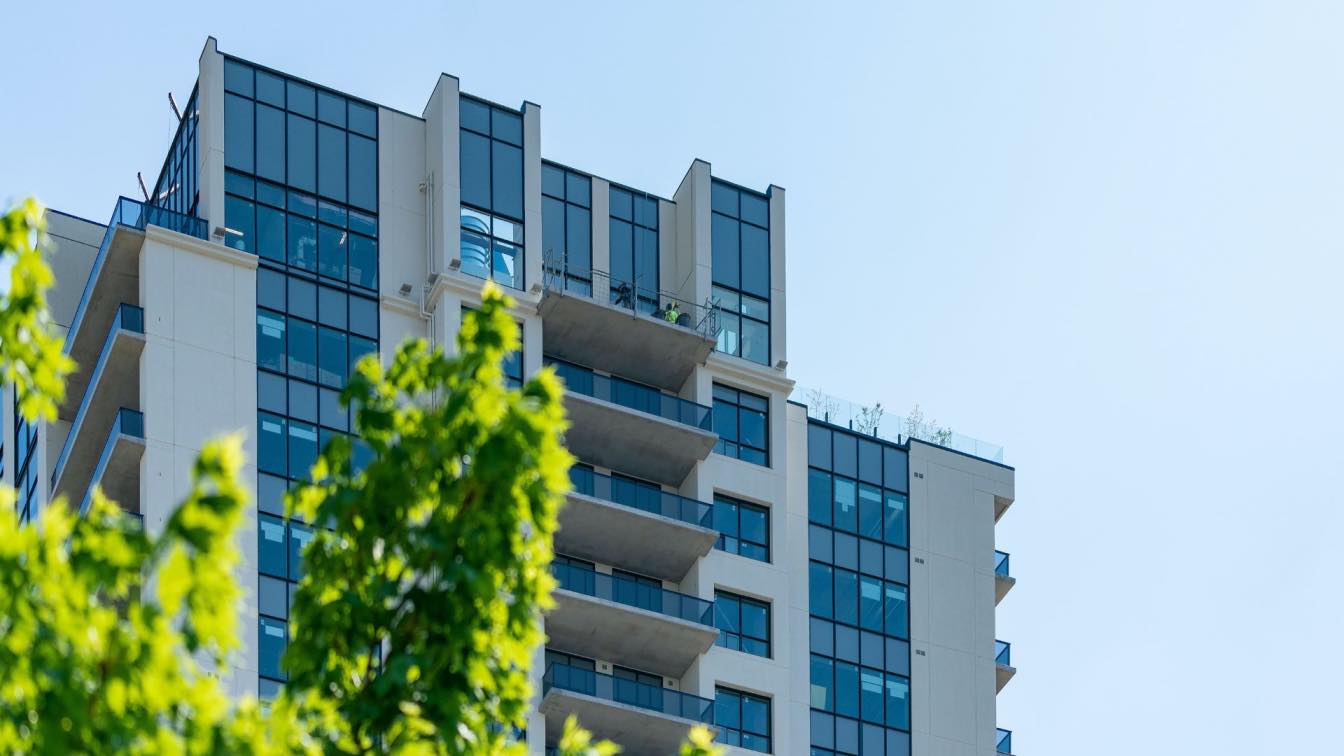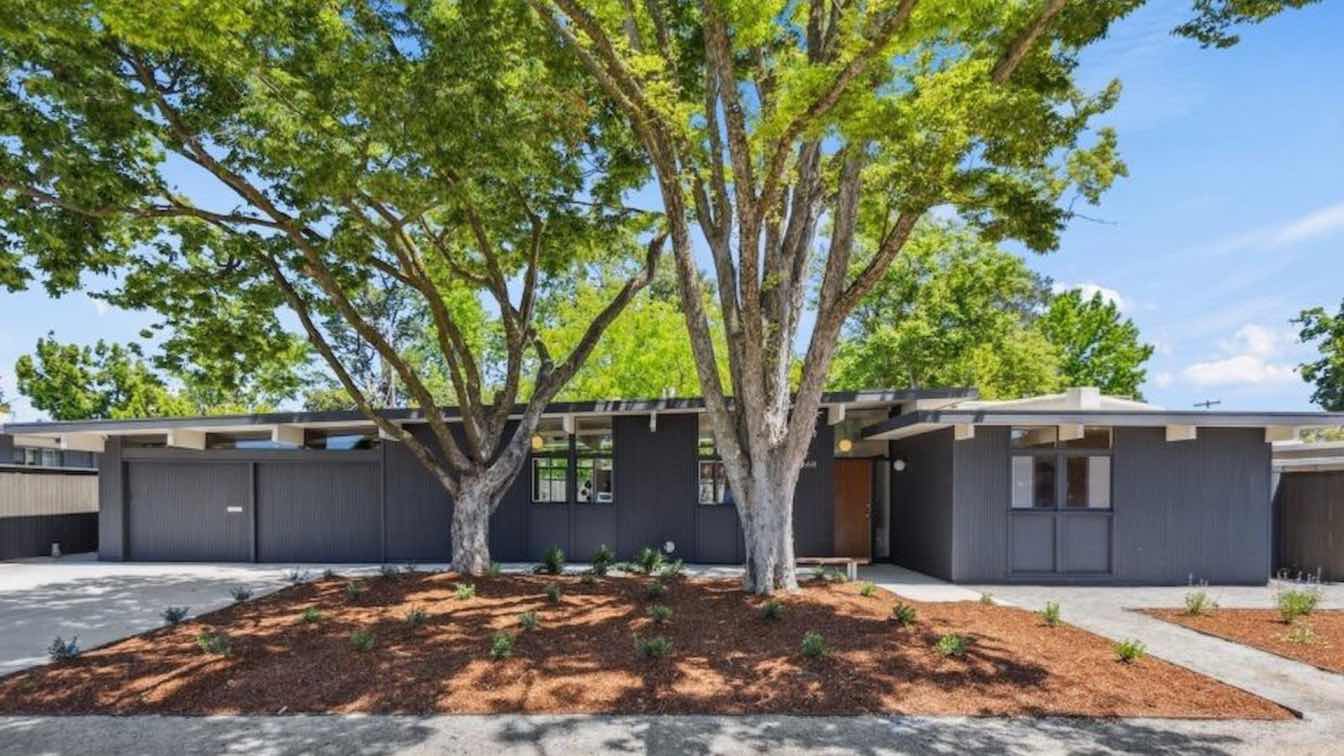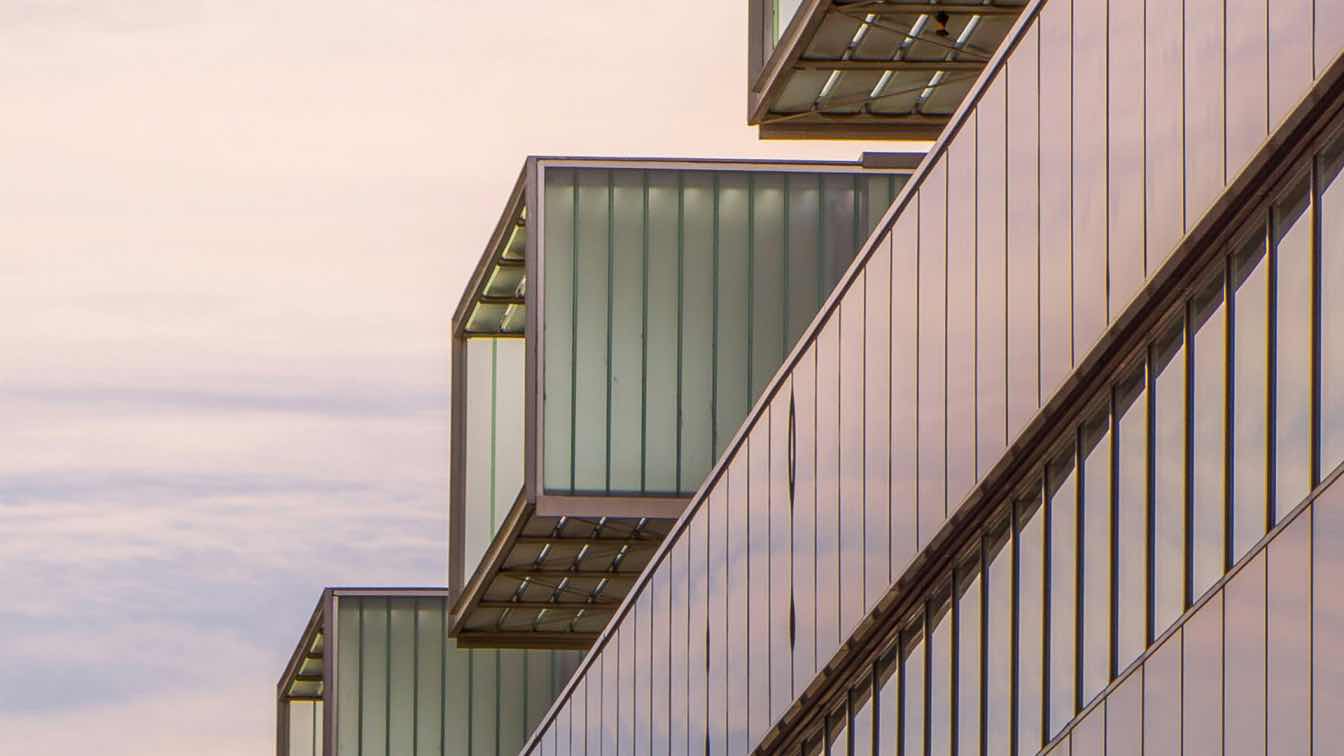There are many types of investment properties savvy businessmen can invest in, each coming with its own set of benefits that can accommodate everyone’s needs and goals. One very popular choice among investors is pre-construction condos.
In general, a pre-construction condo is a condo unit that is yet to be built. It is a great option for those interested in making money through real estate and for the typical homebuyer who wants to downsize and enjoy the many amenities available.
Because of their high demand, a record number of new condos are being built in metropolitan cities like Toronto, CA, giving investors the possibility to live in, rent out or even sell their units to make a profit.
However, before you start investing in pre-construction condos, it is wise to understand the process of how everything goes. To help you along, we have written the ultimate guide elaborating on everything you need to know about pre-construction condo investments.
Finding the right developer
The first step you need to take when investing in a pre-construction condo is to find the right developer. You should look for someone who has a good reputation and a solid track record of successfully executing their development projects without any excessive delays.
The right developer also plays an important role if you ever consider selling a pre-construction condo, which can only happen through the process of assigning. You first need to get approval from your developer that you are allowed to sell your unit, who also needs to approve the prospective buyer or assignee so that they can buy it afterward.
Understanding the deposit programs
Another important thing investors need to know about pre-construction condos is the extended deposit structure. In fact, this is one of the greatest benefits of investing in this type of real estate because investors can put down 20% of the value of the condo, which can be divided into several 5% installments that are to be paid at the beginning and when the construction is done.
Additionally, those who can afford the initial deposit will have more time to plan their upcoming payments in advance and also leverage lower costs in terms of taxes, mortgage payments, maintenance fees, and insurance.
The 10-day cooling-off period
When you buy a pre-construction condo from a developer, you have 10 calendar days, commonly known as the cooling-off period, to reconsider and withdraw from the purchase contract. During this period, you should:
- Secure the unit;
- Hire a lawyer to review the agreement of purchase sale;
- Get a mortgage pre-approval;
- Get post-dated cheques.
For example, it is common for developers to increase the prices of pre-construction condos and change the incentives as they open up sales to the public. By signing your purchase contract, not only are you securing the unit, but you are also securing the price.
Interim occupancy vs. closing date
One of the most unique things about pre-construction condos is that there are two closing dates. There is the date when the condo is ready for occupancy, known as the interim occupancy period, and the closing date when the title is transferred.
During the interim occupancy, you get the keys to the unit, though you don’t have the title to it until registration, so you don’t start your mortgage payments just yet. The closing date is when the builder registers the building with the city. At this time, your mortgage starts, you receive the title of your condo and final adjustments and costs are calculated and paid.
Closing costs
Closing costs are all the out-of-pocket expenses that are due on the closing date. They are unique for every investor as they are calculated based on what is included in the contract and what the purchase price is.
In general, the biggest closing costs you will need to pay are:
Home inspection fees;
Legal expenses;
Land transfer tax;
Mortgage default insurance;
Development charges or levies;
Utility hook-up fees;
Assignment fees;
Occupancy fees;
Make sure you review all of these costs with your lawyer to ensure there are no surprises or anything out of the ordinary.
 image © CHUTTERSNAP
image © CHUTTERSNAP
Final thoughts
Purchasing pre-construction condos is a great option both for investors who are looking to generate passive income and homebuyers who want to downsize. The process of investing in this type of real estate is different than other investment properties, which is why investors need to understand how the process goes.
For more information, refer to our post and learn everything you need to know about pre-construction condo investments.





